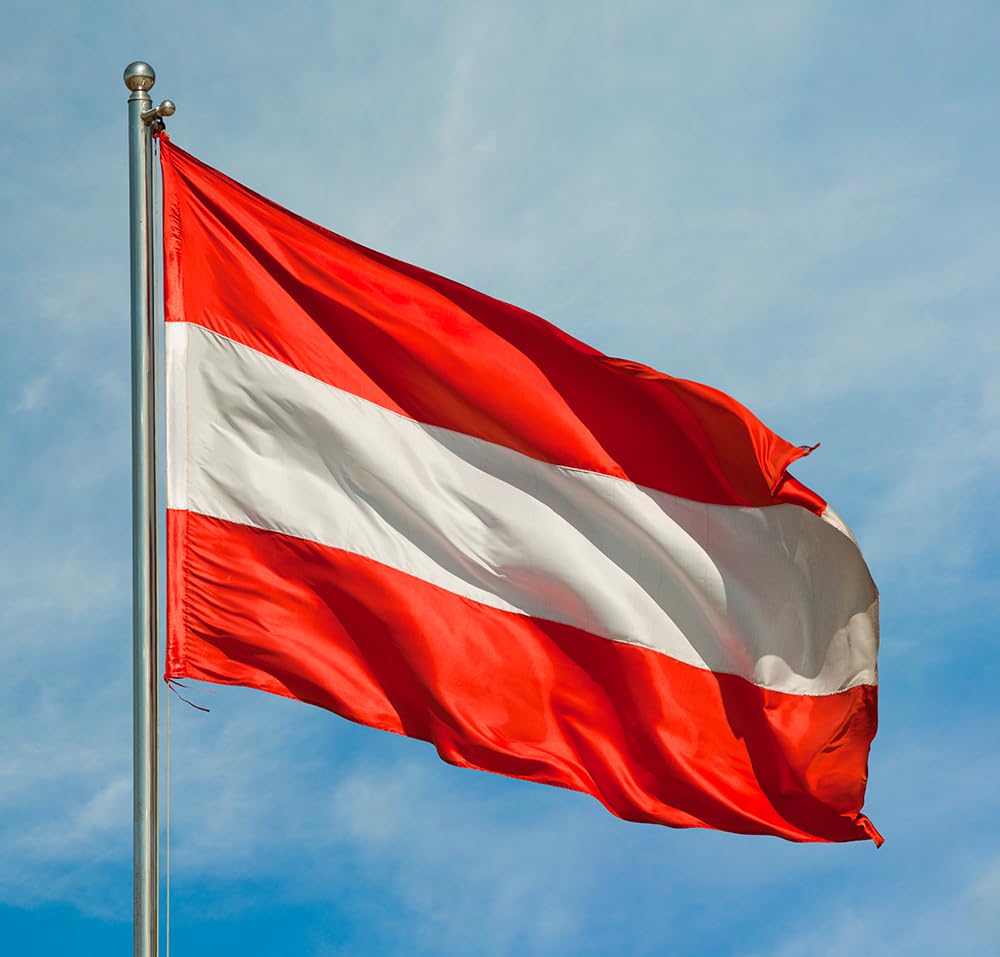The two key elements that have fueled Slovenia’s economic expansion are a high standard of infrastructure and a skilled labor force. It is advantageous for foreigners seeking employment in the nation to be aware of the fierce competition in the labor market. The majority of firms prefer hiring locals over foreigners who are only migrating to the nation. If an EU citizen has the needed skill and meets all requirements, they have a better chance of landing a job. The problems of completing the conditions for a work permit and a residence permit fall on non-EU nationals. English and Slovene language proficiency will provide you an advantage over other candidates if you are a foreigner looking for a job in the nation.

Finding work
Online job boards, social media networks, and newspapers are your greatest bets if you’re searching for a career. Job openings are posted on a variety of employment websites, including the Employment Service of Slovenia and the EURES job mobility portal. Private employment agencies and portals, such as Deloglasnik, Kariera, Optius, Competo, Atama, Profil, MojeDelo.com, Zaposlitev.info, Rekruter, Manpower, Trenkwalder, Slo-tech, Glassdoor, Addecco, and others, also post jobs. You must make sure you satisfy all the standards before applying for a job. You may always look for employment vacancies on the websites of prospective companies. You may also apply for jobs in Slovenia by submitting cover letters and resumes to certain employers. Don’t overlook the chances provided by networking, social media, and job fairs while seeking a career.
Applying for a job
Slovenian businesses often need you to submit a CV and cover letter along with your application. The most crucial thing to understand is that your CV has to be written in Slovenian. On the Europass platform, you may create your application materials. Later, you can post your CV in the EURES portal’s CV database. Use the language that is specified by the chosen employer when creating the documentation. While some accept applications in English, German, or Italian, employers often prefer to receive applications in Slovenian. If you are a visitor from outside, attempt to get in touch with an expat who lives there to find out more about the hiring procedure. Larger cities like Ljubljana have a lot of employment agencies. They assist with job placement, resume writing, and interview techniques. They may be a reliable source of advice if you know nothing about the local job market.
Slovenian Work Permits
Due to Slovenia’s full membership in the EU, a work permit is not necessary for EU citizens to work there. However, EU citizens must apply for a resident visa if they want to remain for more than three months. Before being qualified for a residence visa, non-EU citizens must first submit an application for a work permit. This procedure entails getting in touch with the Slovenian Interior Ministry and the embassy or consulate in their nation. It’s crucial to remember that Slovenian employment permits are normally provided for a particular profession and employer, thus switching positions can need a fresh work permit application. Seek advice from Slovenian authorities or legal experts for efficient employment permit procedures, considering variations based on position type and circumstances. With the appropriate position permit and resident visa, both EU and non-EU individuals can thrive in Slovenia’s dynamic workforce and diverse economy.
Working Hours
A typical workweek is between 36 and 40 hours, Monday through Friday. A minimum of 20 days of yearly leave are required for employees, and this number usually rises as they work longer at a firm. The same work benefits, such as parental and maternity leave policies, are available to foreign employees as they are to Slovenian nationals.
Another form of employment
Another form of getting work is to start a business. Starting a business is simple; all that is required is company registration. Before starting a company, however, non-residents must get a Slovenian tax identification number.
You may find these articles helpful
Moving to Slovenia: Full relocation guide
Working in Slovenia as an expat
Best cities to live in Slovenia



